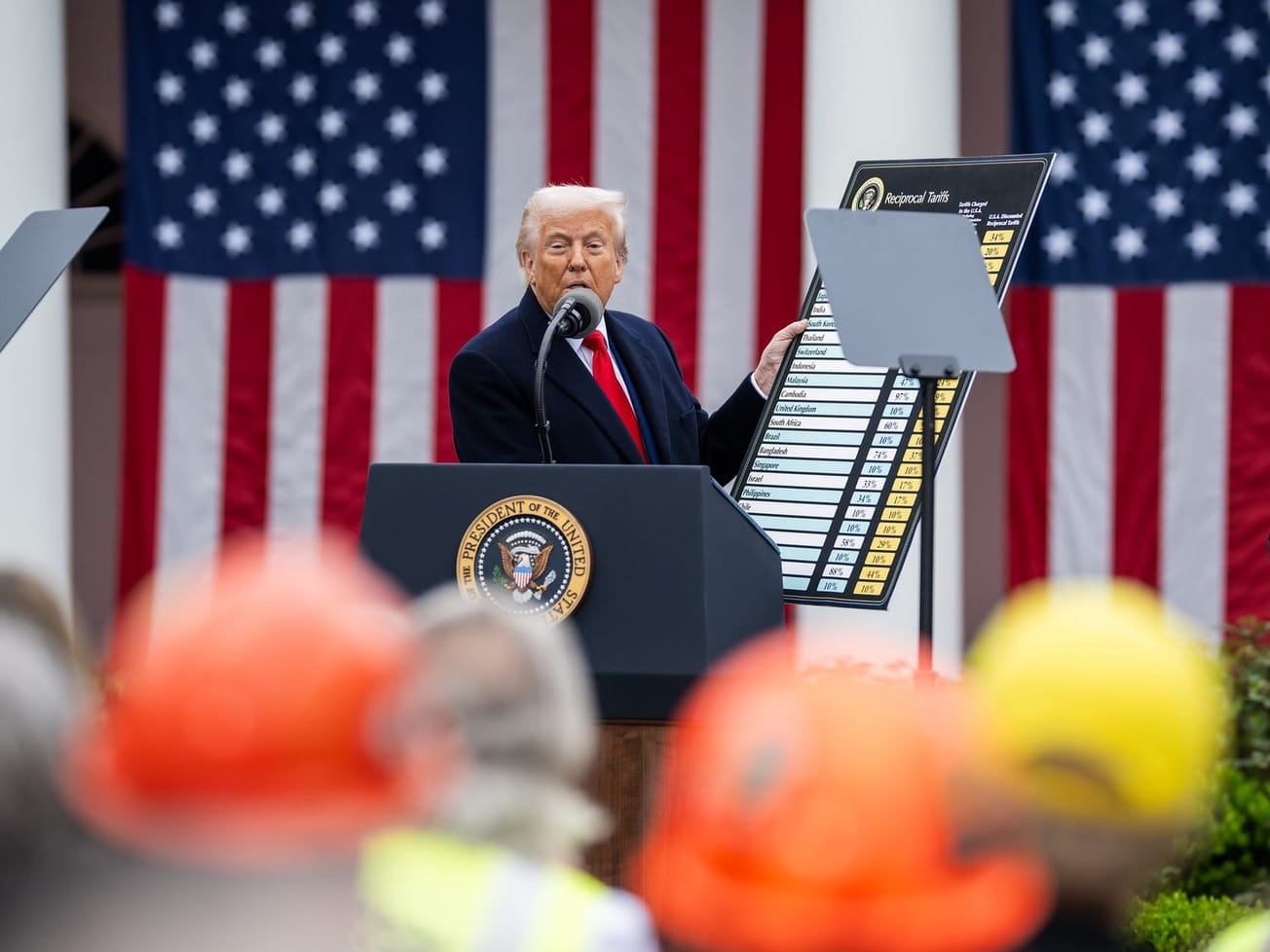WASHINGTON (AN) – Ajay Banga, a proponent of climate action who spent a decade as Mastercard's chief executive before serving as a vice chairman at American growth equity firm General Atlantic, is U.S. President Joe Biden's choice to lead the World Bank.
Biden announced Thursday the United States is nominating Banga for the role of World Bank president because he is a "business leader with extensive experience leading successful organizations in developing countries and forging public-private partnerships to address financial inclusion and climate change."









